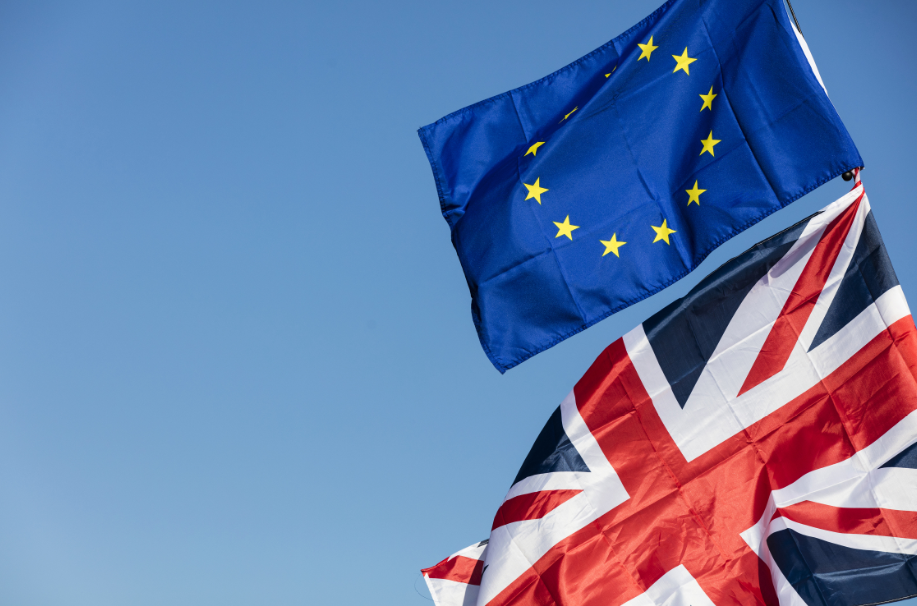
EU member states have backed Brussels’ proposed move to take legal action against the UK over its extension of grace periods for new customs checks in Northern Ireland.
Traders sending animal-origin goods, plants and plant products to Northern Ireland from Great Britain were due to face new documentary requirements and border inspections from 1 April as a consequence of the Northern Ireland Protocol.
However, the government delayed this date for supermarkets and their suppliers further until 1 October 2021.
Customs declarations were also due to be introduced for small parcel movements from Britain to Northern Ireland next month, but this change has also been postponed till the autumn.
Two legal options
The FT reported yesterday (9 March) that a closed-door meeting of ambassadors saw European Commission vice president Maros Sefcovic called on to be “calm but firm” in pushing back against the UK’s delays to implementing new rules.
According to the BBC, the EU has two legal avenues open to it under the Withdrawal Agreement in 2019 and the trade agreement signed last Christmas.
It could either launch infringement proceedings under the terms of the Northern Ireland Protocol, which could lead to a case being heard at the European Court of Justice (ECJ), or it could seek arbitration under the terms of the wider EU-UK trade deal.
If the case goes to the ECJ, Britain could face fines or trade sanctions if it refuses to comply with the court’s ruling in the dispute.
Vaccine row
The backing comes as UK-EU tensions escalated further yesterday when European Commission President Charles Michel chided the UK for allegedly blocking vaccine exports to the EU and other nations.
Writing in response to criticism of the EU’s vaccination strategy, Michel said the EU was a “fervent advocate of an international response and of the principle that vaccines must be universally accessible and affordable”.
He accused other countries – including the UK – of “vaccine nationalism”.
“The United Kingdom and the United States have imposed an outright ban on the export of vaccines or vaccine components produced on their territory,” he claimed.
Denied
The UK has angrily dismissed the claims, with Foreign Secretary Dominic Raab summoning the EU’s UK representative to explain Michel’s claims, the Guardian reports.
A government spokesman said: “the UK government has not blocked the export of a single Covid-19 vaccine. Any references to a UK export ban or any restrictions on vaccines are completely false.”



